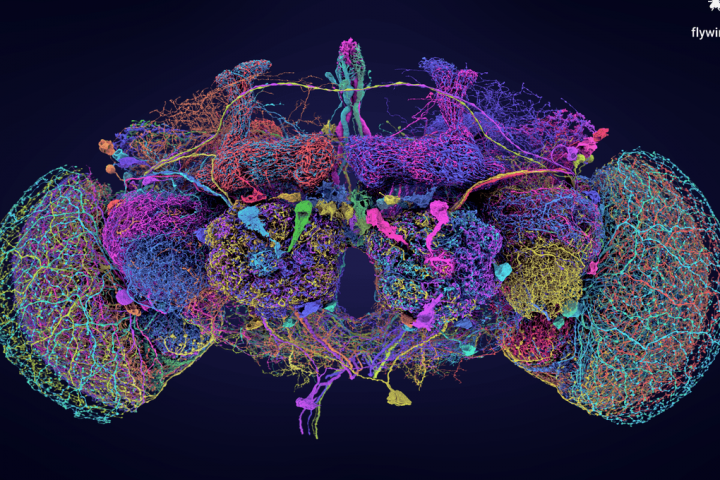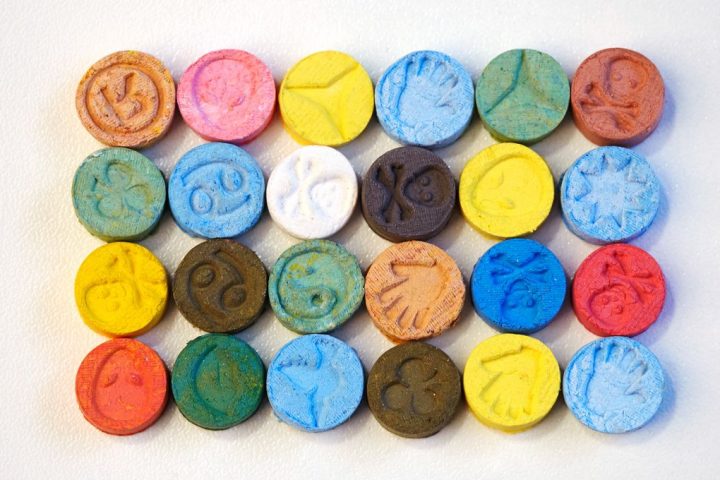In a legal battle that began in October 2021, the living relatives of Henrietta Lacks took a stand against Thermo Fisher Scientific. They filed a lawsuit in the US District Court for the District of Baltimore, accusing the biotech company of profiting from Lacks’ cells without her consent. These cells had been collected years earlier and used by Thermo Fisher Scientific to manufacture and sell biotech products.
The case, known as Lacks v. Thermo Fisher Scientific Inc., has now been settled, according to The Baltimore Banner. However, the details of the settlement will remain confidential until a news conference on August 1, which would have been Lacks’ 103rd birthday.
“The parties are pleased that they were able to find a way to resolve this matter outside of court and will have no further comment about the settlement,” said Ben Crump and Chris Seeger, the attorneys representing the family.
Henrietta Lacks, who passed away at the age of 31 from cervical cancer in 1951, left behind a remarkable legacy. Her cells, taken without her knowledge during a medical assessment, continued to reproduce long after other cells would have died. These cells, known as the “HeLa immortal cell line,” became a valuable tool for biomedical research.
Over the years, more than 50 million tons of Lacks’ cells have been produced and used in over 60,000 scientific studies. They played a crucial role in the development of the polio vaccine and have been instrumental in studying viruses, cancer, and genetics. They even made their way to space aboard the Soviet satellite Sputnik-6 in the 1960s.
However, the use of Lacks’ cells without her consent raised ethical concerns and sparked a debate about consent and ownership of genetic material. The recently settled lawsuit also shed light on medical inequalities that persist in the Black community.
“The Henrietta Lacks family lawsuit filed against Thermo Fisher Scientific claims that the treatment of Lacks and historic treatment of African Americans in the medical system has resulted in massive financial gains for the pharmaceutical industry and medical system,” stated Seeger Weiss LLP, one of the law firms representing the family.
This settlement is just the beginning, as the Lacks family attorneys have indicated that there may be more lawsuits related to the use of HeLa cells in the future.








